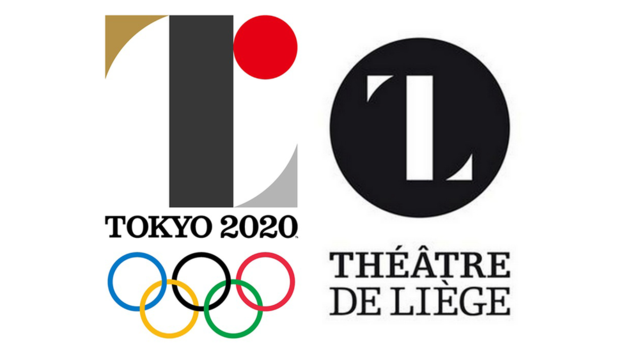DON VINCENZO writes:
Five years ago, Lawrence Auster posted a piece I wrote that dealt with the growing numbers of rapes committed against Norwegian women by Muslim men. In part, it stated:
From 1984-88, I served as the Press Attaché to the U.S. Embassy in Oslo, and even then I was told that the normally independent Norwegian woman’s approach to sexual relations was being transformed by this Moslem presence. To many of these new immigrants from Moslem countries, the sight of a woman at a disco…was a sign that she was not only a prostitute, but open to any and all suggestions. What remains perplexing to me after more than twenty year absence is to hear, of all things, a female police officer explain away the rape problem in Norway as a result of people coming “from traumatized countries.” If this police approach continues, I assure you that the numbers of rapes will not decrease, and Norway, along with many other Western European countries, will continue down the path of national suicide. (Emphasis mine)
In February of this year, the Gatestone Institute Foreign Policy Council published it findings regarding the rise of rape throughout the world, and I read that Norway’s neighbor, Sweden, now ranks Number Two in the world in the crime. How and where did it all begin? The report begins this way: (more…)


